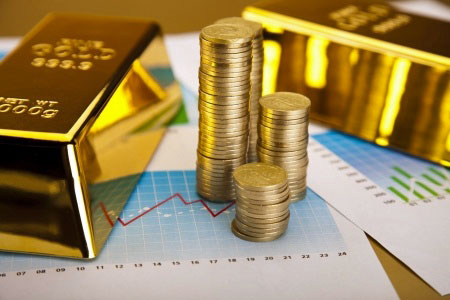owning gold
What you can learn from Ukraine’s plan to spend $1 billion on gold.
As I sit down and write this post, Ukraine is on the brink of war. It’s unclear whether this will be a civil war, or will involve Russian troops crossing the border and invading Ukraine itself. But one thing is clear: the government of Ukraine is doing what every other country has done under similar …
Owning gold – a small downside with a huge upside.
When you invest money there is usually a reasonable upside and a huge downside. Just ask anyone who invested their savings in Enron or with Bernie Madoff. Yes, those are extreme examples. But there are thousands of other cases where honest people invested their savings in the hope of a reasonable growth in their savings, …
2 Reasons why you should store some of your gold overseas.
Owning gold is all about protecting yourself and your wealth. It’s the money you keep outside of the banking system and out of reach of Wall Street. It’s about planning for the future and avoiding risk. It’s about coming out on top in the event of a catastrophic social or economic event. To achieve this …
Who is buying gold: Paulson, Soros, Robertson and others.
While I always remain skeptical about the opinions of gold experts, I do take notice when a few of the more notable gold buyers start stocking up on my favorite metal. Over the last few days I have read a number of stories about well-known investors buying more gold. John Paulson and George Soros have …
Owning gold makes us less vulnerable to centralized dependency.
John Aziz of azizonomics.com recently wrote a post about how the centralization of the global economy puts us all at risk. Here is a quote from his post: “Centralisation concentrates decision-making. Centralisation acts as a transmission mechanism to transmit and amplify the effects of centralised decisions throughout a system. This means that when bad decisions …




